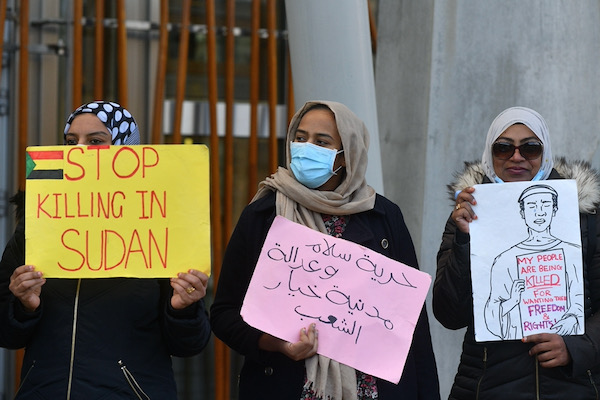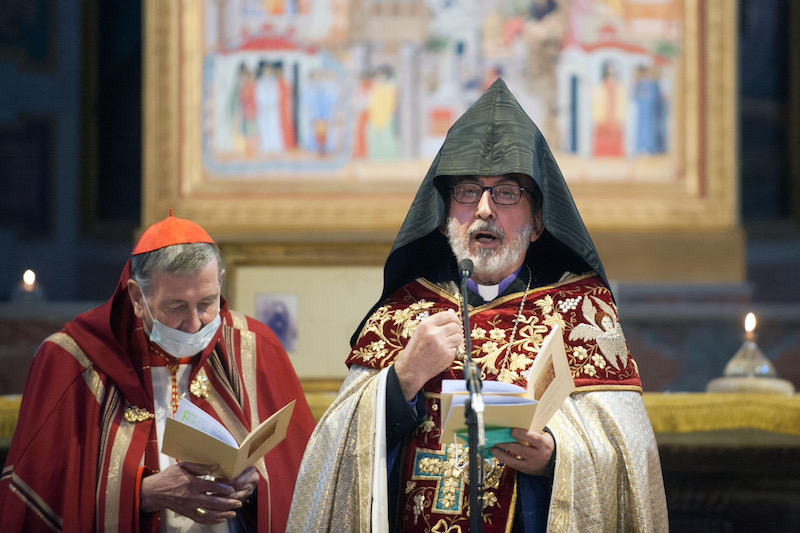Close cooperation with the Orthodox Church, which has a longstanding experience of synodality, will be crucial in the synodal process set in motion by the Pope, the president of the Council for Promoting Christian Unity, Cardinal Kurt Koch, has declared.
In his Apostolic Exhortation, Evangelii gaudium, Pope Francis “highlighted that in our dialogue with the Orthodox we Catholics have the rewarding possibility of learning a little more about the significance of episcopal collegiality and their experience of synodality”, Koch recalled in an interview with the German paper Tagespost.
“The Pope is always reminding us that a synod is not a parliament. While a democratic process above all serves to determine majorities, synodality is a spiritual process whose aim is to determine what unites Christians in their faith, lifestyles and communal practice,” Koch explained. “For Pope Francis, synodality is also very closely connected with all the faithful’s participation in evangelising today’s world”.
Koch was convinced that Orthodox Church’s long experience of synodality meant it would have much to offer to the Catholic Church as it embarked on its own synodal process.
Synodality was not just a new and additional issue to add to the many issues and challenges facing the Church today, Koch said. It was about renewing the Church by listening to one another and the Holy Spirit. “Synodality is like a new pair of glasses or seeing the faith and the pressing questions of today with new eyes and listening out for what the Holy Spirit has to tell us.”
This did not mean changing structures or institutions, he pointed out. “The essential requirements are silence and prayer. For centuries, the spiritual dimension has above all become visible in the celebration of the Eucharist and the enthronement of the Gospel Message. The most profound essence of a synodal Church is the eucharistic assembly.”
This point of contact with Orthodoxy was crucially important. “The fundamental principle of ecumenical dialogue consists of the exchange of gifts, in that we can learn from other Churches – that is in the conviction that the Holy Spirit's specific gifts were not only given to Christian Churches but to the whole of Christianity.”
Already, in January this year, Koch pointed that the Catholic Church “must recognise that it has not yet developed that degree of synodality in her ecclesial structures which would be possible and necessary”, and that “a credible link between the hierarchical and the synodal-community principles would favour the advancement of ecumenical dialogue with orthodoxy”.
While the issue of papal primacy has been a stumbling block in Catholic-Orthodox dialogue, Koch attempted to turn the issue on its head.
“Deepening and strengthening synodality is an important ecumenical contribution by the Catholic Church towards recognising the primacy of the Bishop of Rome,” he argued. “The theological and pastoral effort to form and live a synodal Church therefore has an enriching effect on ecumenism, visible above all in Catholic-Orthodox dialogue - whose core issue is the relationship between synodality and primacy. That is why it is most desirable that our ecumenical partners be included in the worldwide Synodal Process at all levels.”



 Loading ...
Loading ...